Category Archives: Languages/Linguistic curiosities
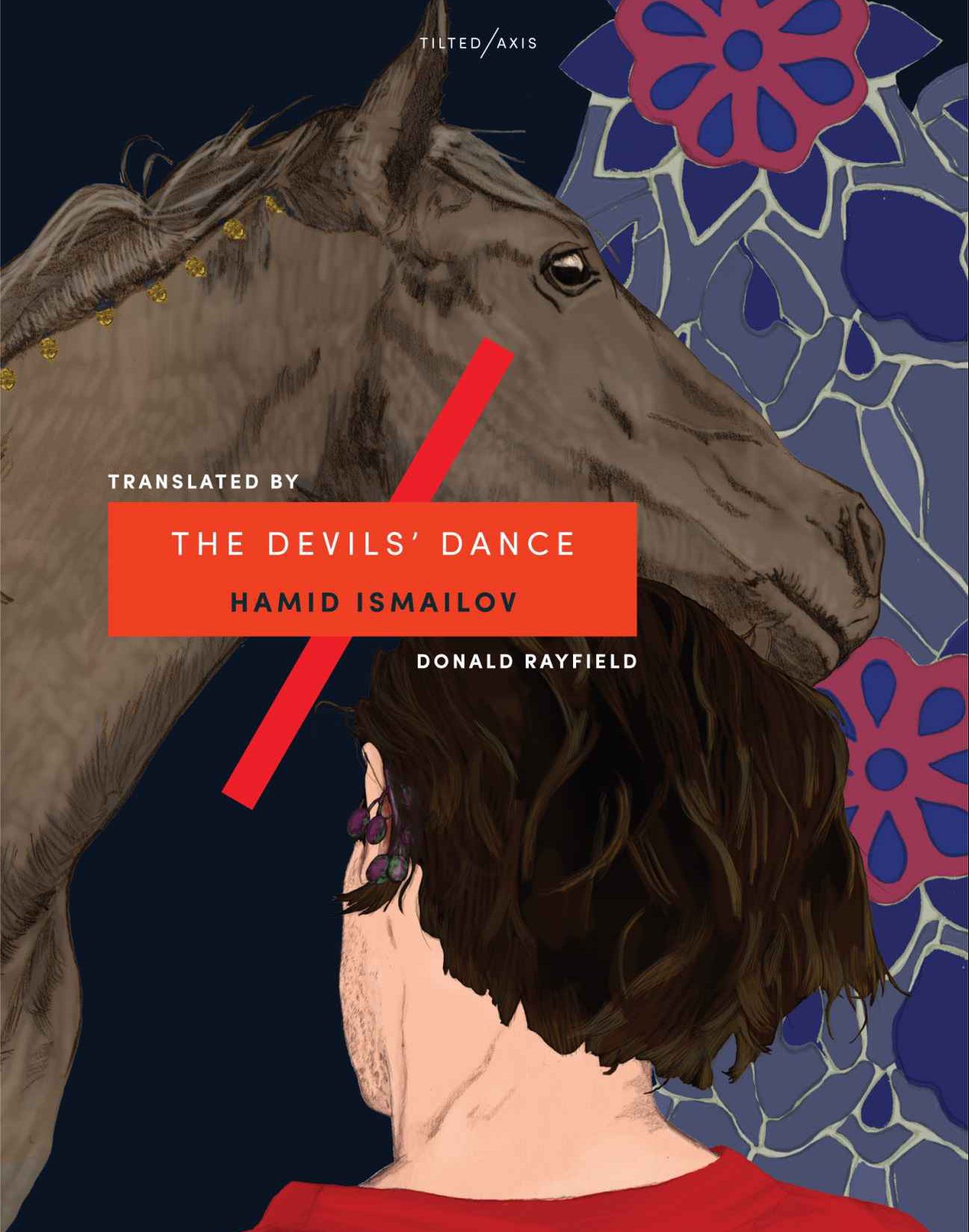
How a banned Uzbek novel went viral thanks to social media
by Pisana Ferrari – cApStAn Ambassador to the Global Village Here is one of many fascinating stories about literary translation and translators, the ups and downs of cross-cultural collaboration, and the recurring dilemma of faithfulness versus accuracy, from a recent article for the Guardian. Uzbek journalist and writer Hamid Ismailov was exiled from his country …
“How a banned Uzbek novel went viral thanks to social media”
Read More
When translation affects the evolution of a language: the example of Mickey Mouse and the so-called ‘Inflektive’
by Cristina Titone – cApStAn LQC intern Mickey Mouse is the most famous rodent in the world and a true Disney icon. This popular cartoon character made its first public appearance in 1928 in the United States in the animated film “Steamboat Willie”, and has appeared in over 130 films. As of 1930, Mickey also …
Read More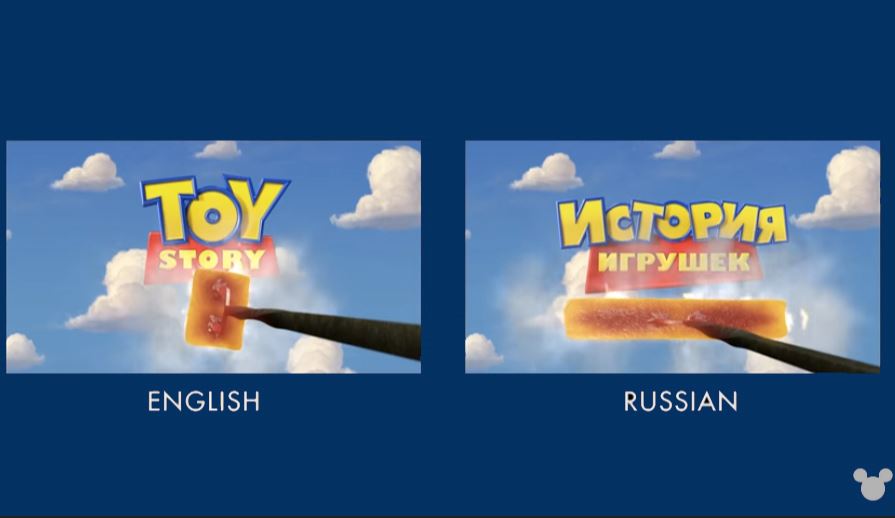
Animated films and assessments share a common challenge when going international
by Cristina Titone – cApStAn LQC intern “Linguistic Quality Assurance is a set of processes designed to ensure that multiple language versions of documents meet the highest standards of linguistic, cultural and functional equivalence”: This is the definition of one of the main services offered by cApStAn Linguistic Quality Control. But what does such an …
“Animated films and assessments share a common challenge when going international”
Read More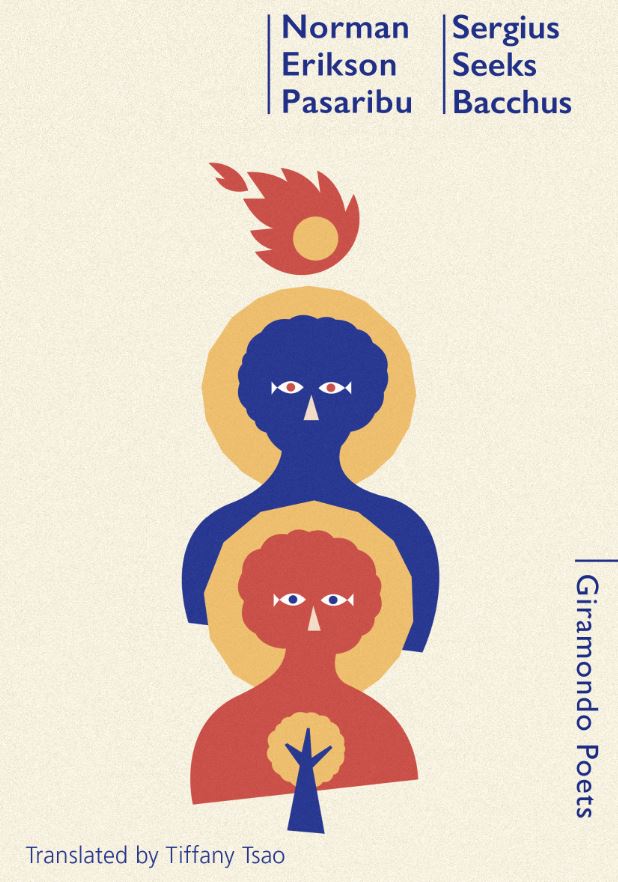
When author and translator forge a partnership so close that their roles are “mingled” and “merged”
by Pisana Ferrari – cApStAn Ambassador to the Global Village Former Asymptote Journal editor-at-large Tiffany Tsao spent three years translating into English the award-winning “Sergius Seeks Bacchus”, by Indonesian poet Norman Pasaribu. By working so closely together, she says, the labels of “translator” and “author” ring false, because their roles were so “mingled” and “merged.” …
Read More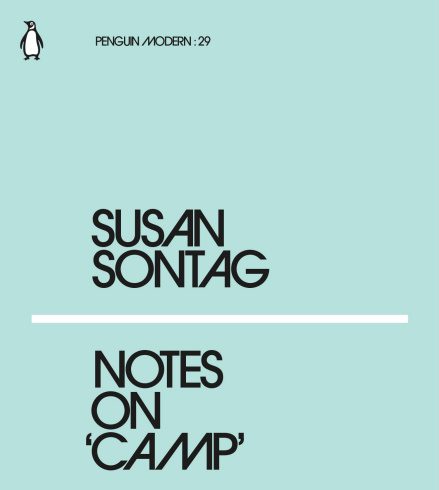
Is “camp” about being an “inherent outsider”? The recent Metropolitan Museum Gala provided endless discussion around what the term means
by Pisana Ferrari – cApStAn Ambassador to the Global Village Talk about what camp means has resurfaced lately thanks to the camp-themed Met Gala. First noted to mean the use of exaggerated actions or gestures in 1909 in the Oxford English Dictionary, It has been suggested that camp could date back to the French 17th century …
Read More
Fun with languages: “Italy Towels” are a popular item in Korea but in Italy no one knows what they are
by Pisana Ferrari – cApStAn Ambassador to the Global Village Stories and curiosities about different cultures, languages and traditions abound among cApStAn’s very international linguist team. A charming story shared on the internal blog by South Korean linguist Shinoh Lee sparked off a discussion on how it comes that things get associated with some countries… erroneously! …
Read More
Could French become the second global language in the world, after English?
by Pisana Ferrari – cApStAn Ambassador to the Global Village Yes, according to “La Francophonie” (OFI), a formal group of 58 nations across five continents, where French, spanning is officially or broadly spoken. Fifty years from now, they say, French will be spoken by 477 to 747 million people around the world. The jump from …
“Could French become the second global language in the world, after English?”
Read More
How do you say cell phone in Lakota?
by Pisana Ferrari – cApStAn Ambassador to the Global Village Developing neologisms is how languages survive, according to research by Ryan Denzer-King at the University of Montana, quoted in this article from “The Outline”. “If people are going to continue to use a language, they must be able to say what they want to say,” …
“How do you say cell phone in Lakota?”
Read More
How Brexit has changed the English language
by Pisana Ferrari – cApStAn Ambassador to the Global Village No other political event in history has generated as many neologisms as Brexit, according to this article from the BBC Culture magazine. Over 5.000, according to “The Brexit Lexicon”, a video installation by artist Simon Roberts, who has been collecting these terms since the referendum …
“How Brexit has changed the English language”
Read More
Why translated fiction is now selling better than English fiction
by Pisana Ferrari – cApStAn Ambassador to the Global Village The long list for the International Man Booker Prize, where, since 2016, the £100.000 award is divided equally between author and translator, has just been published. Two interesting novelties: 1) the list includes 8 women out of the 13 works selected 2) the list is …
“Why translated fiction is now selling better than English fiction”
Read More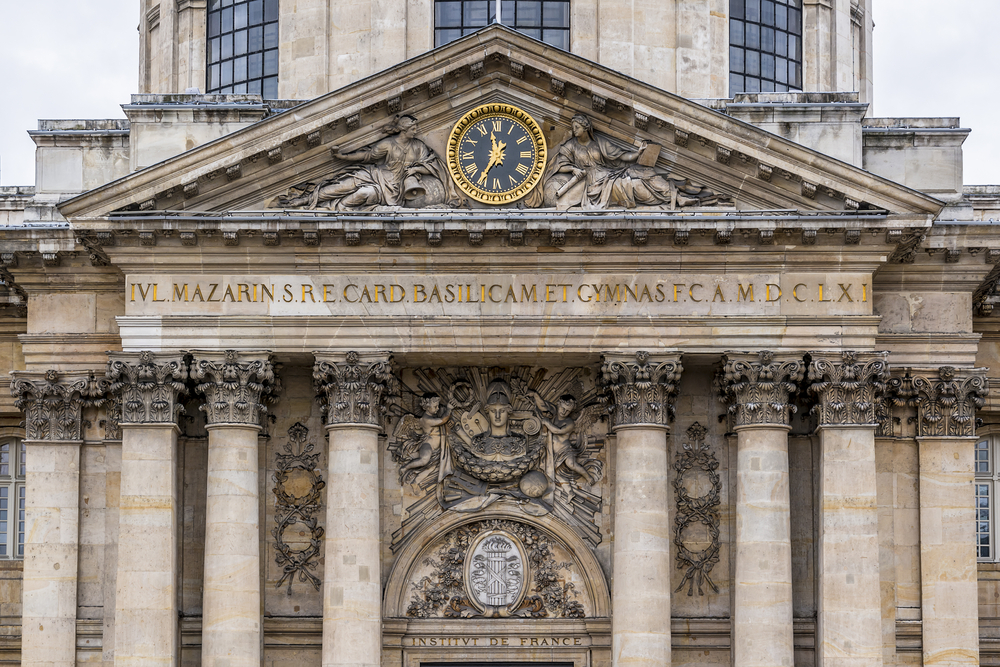
How long can language protection policies still hold out against the influx of English?
by Pisana Ferrari – cApStAn Ambassador to the Global Village Since the 17th century the Académie française, an élite group of 40 “immortals”, as the members are known, serves as the official guardian of the French language. “Language may change, and society, too, but slowly, in the view of the academy”, says the author of …
“How long can language protection policies still hold out against the influx of English?”
Read More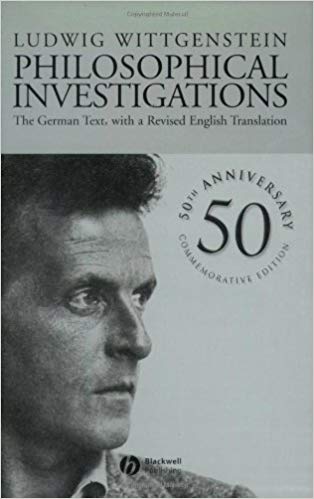
Google Translate is a manifestation of Wittgenstein’s theory of language
by Pisana Ferrari – cApStAn Ambassador to the Global Village The key connection between AI and philosophy of language has, up to now, been “overlooked and undercelebrated”, says the author of this article. Google Translate, in particular, provides a concrete example of Ludwig Wittgenstein’s theories. The philosopher argued that there are no standard or fixed …
“Google Translate is a manifestation of Wittgenstein’s theory of language”
Read More